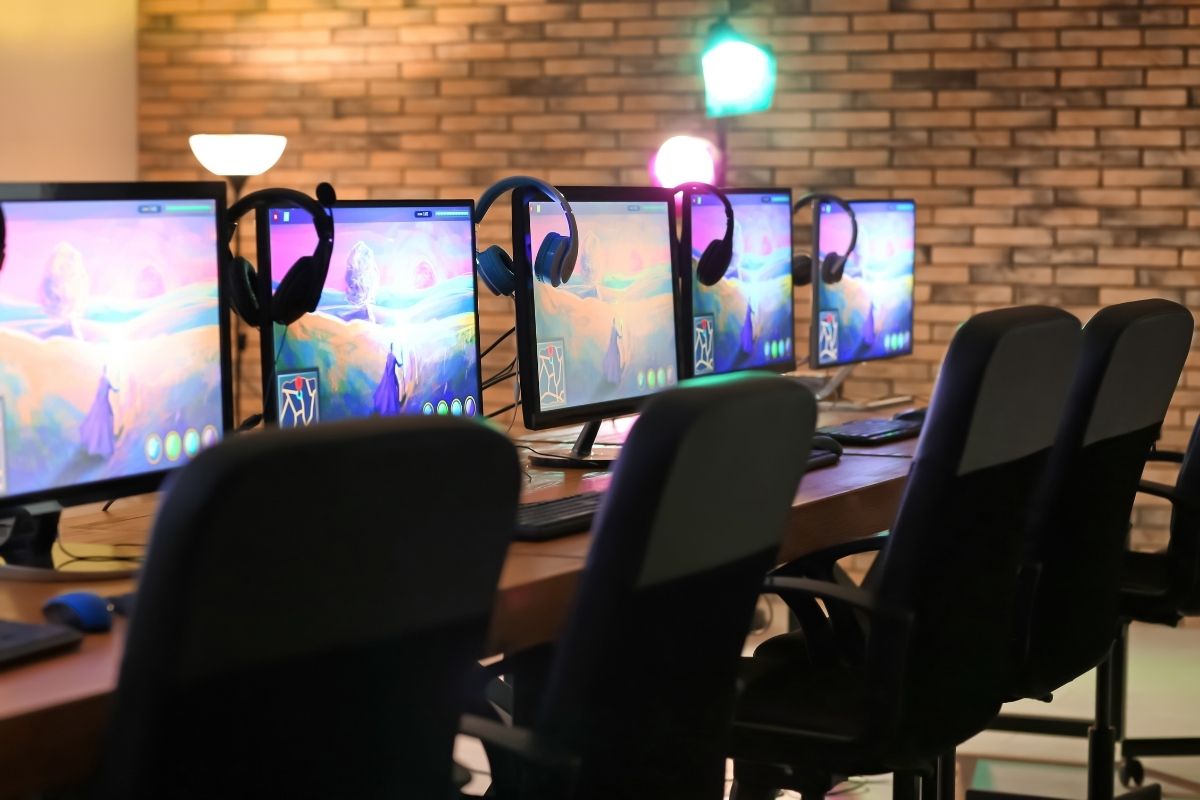How Sports Heros Shape Society
When you understand social conditions, you can make what is just a sporting event into a societal event or moment–a place where everybody can plug in. Only in sports can you do that. When you do that, you’re doing more than pushing society forward. I’ll take you back to the early 1900s, where there was a problem in the United States.
They were trying to figure out what to do with the orphans, sons, daughters, grandsons, and granddaughters of the Native Americans who had been slaughtered in the conquering of Native American tribes and nations. There was a big debate in those states: “What do we do?” “Do we put them in schools?” “Do we keep them on reservations?”
And so schools started popping up. Not well resourced, but there was one school called the Carlisle Indian School in Carlisle, Pennsylvania. There was a great football coach with plenty of experience in sports management and sports management education named Pop Warner who had been coaching at Cornell and other top football institutions at the time. He was a difficult guy, and he had crazy ideas about how football should be played. Nobody wanted to listen to him. He was too strong in his opinions, too progressive in his ideas, and a bit of a free thinker. Pop went and took the job to coach the underresourced Carlisle Indians. They had very little money, terrible fields, and no equipment.
Warner happened to have some talented kids. One of them was named Jim Thorpe. Pop started teaching them all these crazy ways of playing football, which we now know are the state of the game such as the forward pass, the misdirection, and the fake. Things that people just thought were either dishonorable or too complicated to understand.
Pop kept winning with this ragtag group of Native American kids and kept telling the press, “These kids can beat any team in the country, especially the other undefeated team, West Point.” West Point had a star halfback and linebacker named Dwight Eisenhower. But what Pop was talking about to his players and the subscript to the whole thing was not, “Oh, I have a way of football that you really need to understand.”
That’s interesting, but not so interesting to many people other than people who were interested in this new sport called football, so when Pop Warner is talking to his kids, and he’s saying, “Listen, we’re not about to just play a football game. We’re about to re-enact the Calvary versus the Indians. We’re about to give you the chance to go out there, and compete, and hit, and vanquish those who vanquished your people.” When a person takes a social condition like that and layers it over top of an athletic event where people can actually watch the competitors who represent the opposing social issues go at it, the power of sports becomes a moment of such societal focus.
The influence of global sports on society can’t be underestimated. Sports are not just an escape from the real world, but they are also a powerful force shaping how people interact in the real world and the kind of rights we afford to different groups of people. For example, women’s rights have largely been shaped by the sports world whereas sports had often been dominated just by men going back to the beginning of the modern Olympics in the early 1900s.
It was expected that only men should compete because women were too delicate to be able to actually participate in sports. And so it wasn’t until really the 1920s that women were competing seriously in the Olympics. But even then, women still weren’t taken that seriously at the time. We fast forward to moments, like in the 1960s when the marathon was still very much a men-only kind of activity. The Boston Marathon was the pinnacle of marathons across the world. Kathrine Switzer chose to run the Boston Marathon despite all kinds of negative pushback from society and her community. She had to run with a cadre of men around her, including her boyfriend, with people throwing things at her. An official of the race actually tried to drag her off the course, and there is a brilliant photo of her boyfriend physically handling that official down to the ground so that his girlfriend could keep running the race.
And for the girls watching at home, this is a life-changing thing. When talking to marathoners today in their 50s or 60s, they’ll say, “The only reason I thought this was possible is that I saw Kathrine Switzer do this when I was growing up.” And Switzer is still running marathons today in her 70s. The impact of the game itself can be elaborated on in online sports management education.


